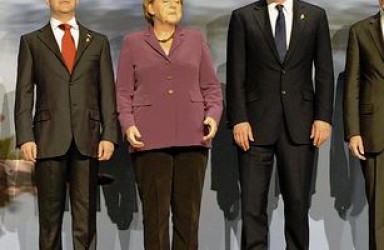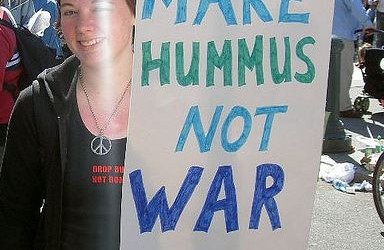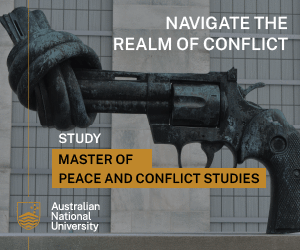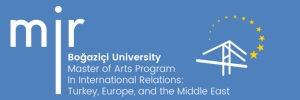The effect of domestic politics on foreign policy decision making
Foreign Policies are designed with the aim of achieving complex domestic and international agendas. It usually involves an elaborate series of steps, in which domestic politics plays an important role. Additionally, the head of the government in most cases is not an individual actor. Foreign Policy decisions are usually collective and/or influenced by others in the political system.
Is terrorism morally distinctive from war?
There is a clear moral distinction between terrorism and war; in the plights of terrorism, more individuals can be considered morally culpable for the state of affairs they are reacting to and so the concept of innocence, or what constitutes a non-combatant to use just war terminology, is greatly reduced when compared to that of war.
From Westphalia to Tehran: International Secularism and Iran’s Theocracy
International Relations is currently facing a global religious revival. Tehran’s foreign policy reflects the pluralism of the regime’s political-theological discourse. Westphalian assumptions promote an ignorance of this pluralism and lead to the incorrect assumption that a theocratic Iran is incompatible with international stability.
Can China be Defined as an Authoritarian State?
The People’s Republic of China was formed in 1949 from a country crippled by poverty, internal and external conflict, and has grown into one of today’s economic superpowers. Modern China can be defined as an authoritarian state. However, socialism with Chinese characteristics is a far better way of describing China’s unique system of government and economy
The Study of Modern Intrastate War
As many as 30 million people have perished in intrastate wars since 1945, with nearly 50 million displaced. Human rights violations during intrastate war – including rape, systematic torture, displacement, sexual mutilation, genocide, and the exploitation of child soldiers – have caused great misery. As a consequence, there is a need for more effective ways of controlling and transforming the devastating effects of intrastate war to be unearthed.
‘Diaspora’? The Case of the Russians of Central Asia
Russians living in Central Asia and Russians returning to the Russian Federation cannot be considered to be diasporas
Conflict and Cooperation in International Relations
Despite the fact that people always talk about the need for peace, the world is instead filled with fear and constant security threats. Since the First World War many theorists and political scientists have tried to come up with a solution on how to create a peaceful international environment but with no real achievement. This leads to a natural conclusion that there are certain obstacles that prevent cooperation between states
The Balance of Power: a Cause of War, a Condition of Peace, or Both?
The theory of the balance of power, where the distribution of power is equally shared amongst the appropriate entities, is a concept crucial to the study of International Relations and of war. When studied in relation to the 19th century, we can see that it is a major part of both contemporary and modern literature, thinking and politics
Arab Exceptionalism? Tunisia’s Islamist Movement
The notion of “Arab exceptionalism” has become a popular explanation for the notable lack of democratic governance in the Arab world. Written before the recent revolution, this paper explores whether or not the Tunisian Islamist movement is committed to a true democratic transition.
World Trade Politics: Power, principles, and leadership
In World Trade Politics, Deese concludes that leadership demonstrated by individuals/officials (not states) in the form of providing direction, initiating issues, building consensus or awareness around them during multilateral trade negotiations is central to reaching agreements between members and advancing the GATT/WTO trade regime


![Image by [John]](https://www.e-ir.info/wp-content/themes/yamidoo-child/scripts/timthumb.php?src=http://www.e-ir.info/wp-content/uploads/john.jpg&w=384&h=250&zc=1)











